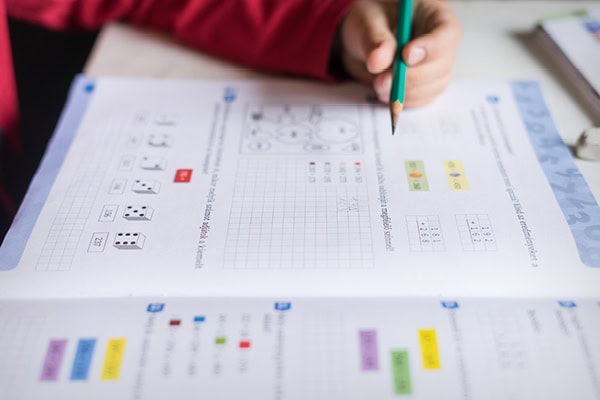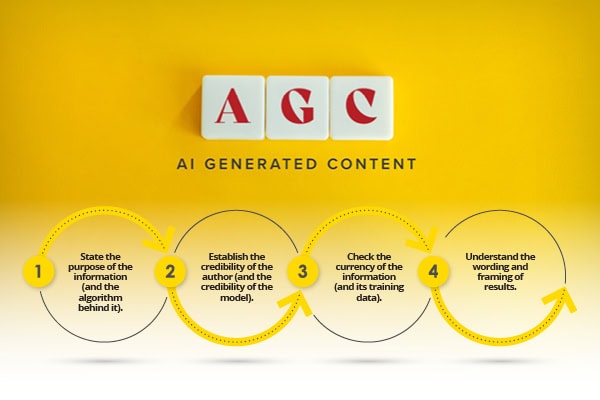Two major players in K–12 education are jointly developing new assessments that could replace “seat time” requirements and toward more accurate measures of mastery over academic content, according to The 74.
The new tests, created by the Educational Testing Service and the Carnegie Foundation for the Advancement of Teaching, aim to usher in competency-based forms of schooling that would allow students to proceed through academic material at their own pace. Leaders of both organizations hope they will also capture a broader array of non-cognitive qualities, like teamwork and relatability, that are undetectable through conventional academic metrics like grade point average or school attendance.
Adoption of more personalized instruction and assessment has faced a key obstacle in the form of the Carnegie Unit, the namesake foundation’s strict definition of annual credit hours that students must accrue to demonstrate their grasp of material. (The calculation essentially breaks down to one hour of seat time per day, per subject, for 24 weeks.) Though largely unknown outside the education world, many high schools and universities have based their academic requirements on the Carnegie Unit for over a century.
But Timothy Knowles, the foundation’s president, says the Carnegie Unit served a useful purpose at one point, but new discoveries in neuroscience and cognitive psychology prove pupils learn different subjects at highly variable rates.
Knowles says: “Unlike 20 years ago, we can actually reliably measure the skills that we know are predictive of success in postsecondary education and work.”
Scott Marion, president of the National Center for the Improvement of Educational Assessment, says the challenge in executing the switch to competency-based learning is in designing realistic measures of achievement to replace existing tests. To deliver on advocates’ promises, he observes, measures would need to be both tailored to individual students and academically credible.
“Competency-based assessment is not for the faint of heart,” Marion says. “It’s being done quite poorly in a lot of places. So if ETS and Carnegie can bring a little more rigor to it, it might be good.”
The ETS-Carnegie proposal is emerging at a time when traditional high school admissions exams, such as the SAT and ACT, have lost significant market share. Both the aftereffects of the pandemic and concerns about inequitable outcomes from standardized testing have led thousands of colleges and universities to go test-optional in the last few school years. With those leading indicators of secondary achievement potentially passing from the scene, demand is expected to rise for measures that could take their place.
Perhaps the biggest question hanging over the newly announced partnership is the proposed measurement of not just cognitive and behavioral skills — including everything from comprehension of math content to teamwork and leadership — but so-called “affective” skills as well. Such skills could include emotional intelligence, or the ability to successfully convey sincerity and empathy to others. Just how those kinds of competencies can be conveyed to students, let alone measured by third parties, is debatable even to backers of competency-based instruction.
While no concrete timeline has been released for the conception of the new suite of assessments, Carnegie and ETS are reportedly aiming to conduct a multi-state pilot that could begin as early as next year.
The 74





